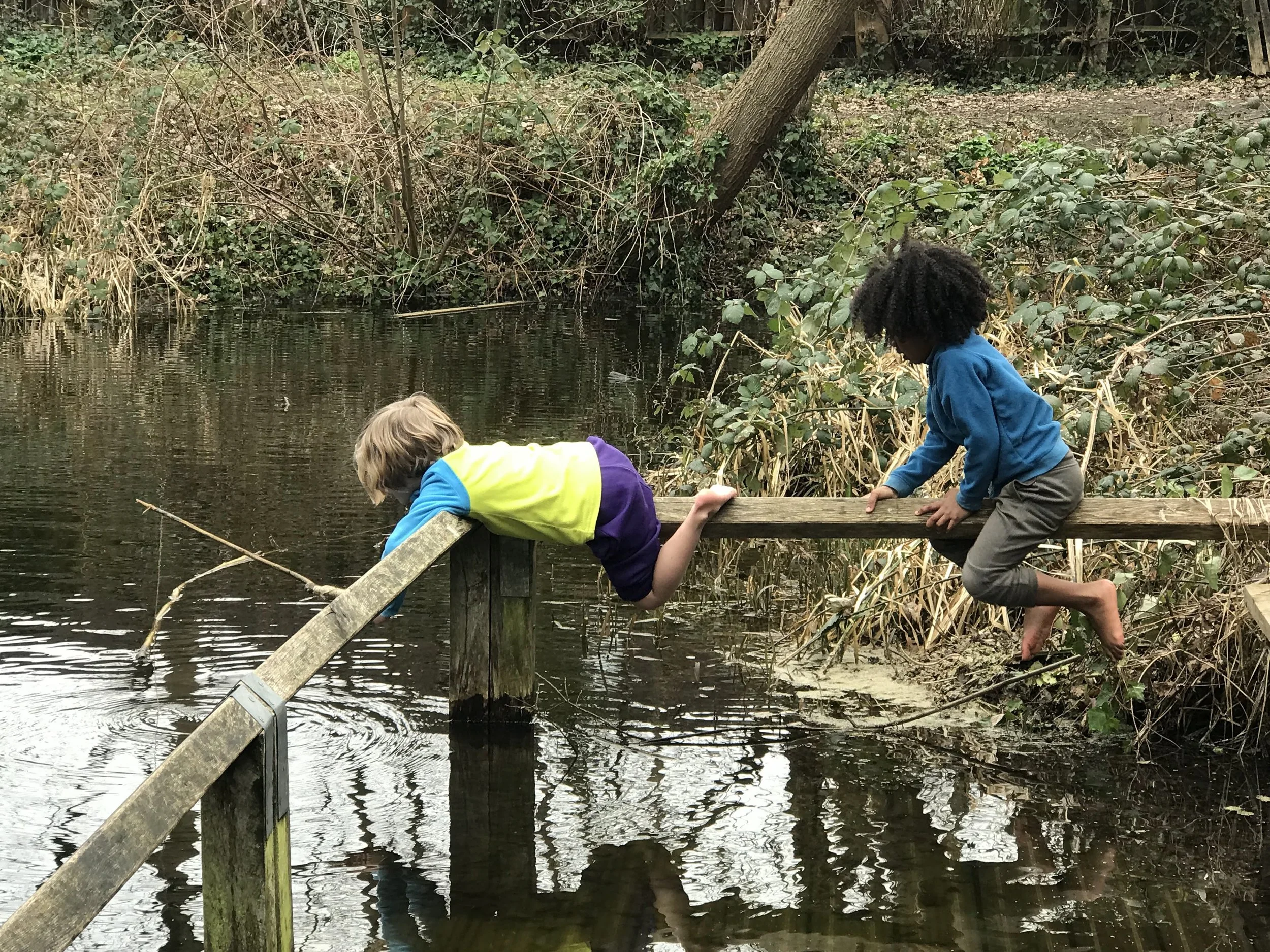Free We Grow is a learning community in Forest Hill which offers children the possibility to freely explore their own ways of learning to learn and to grow in a democratic environment connected to nature and the world around us.
At Free We Grow, we believe that the world is a fascinating place, and that if children and adults spend time in nature, within communities, in a supportive and trusting environment, they will grow to care for each other and the world around them.
Join us at the Peak District from Aug 28-31 this summer for the
Freedom to Learn Forum!
Sign up to our Community mailing list!
We will keep you updated with details on events, open days and other Free We Grow news.






